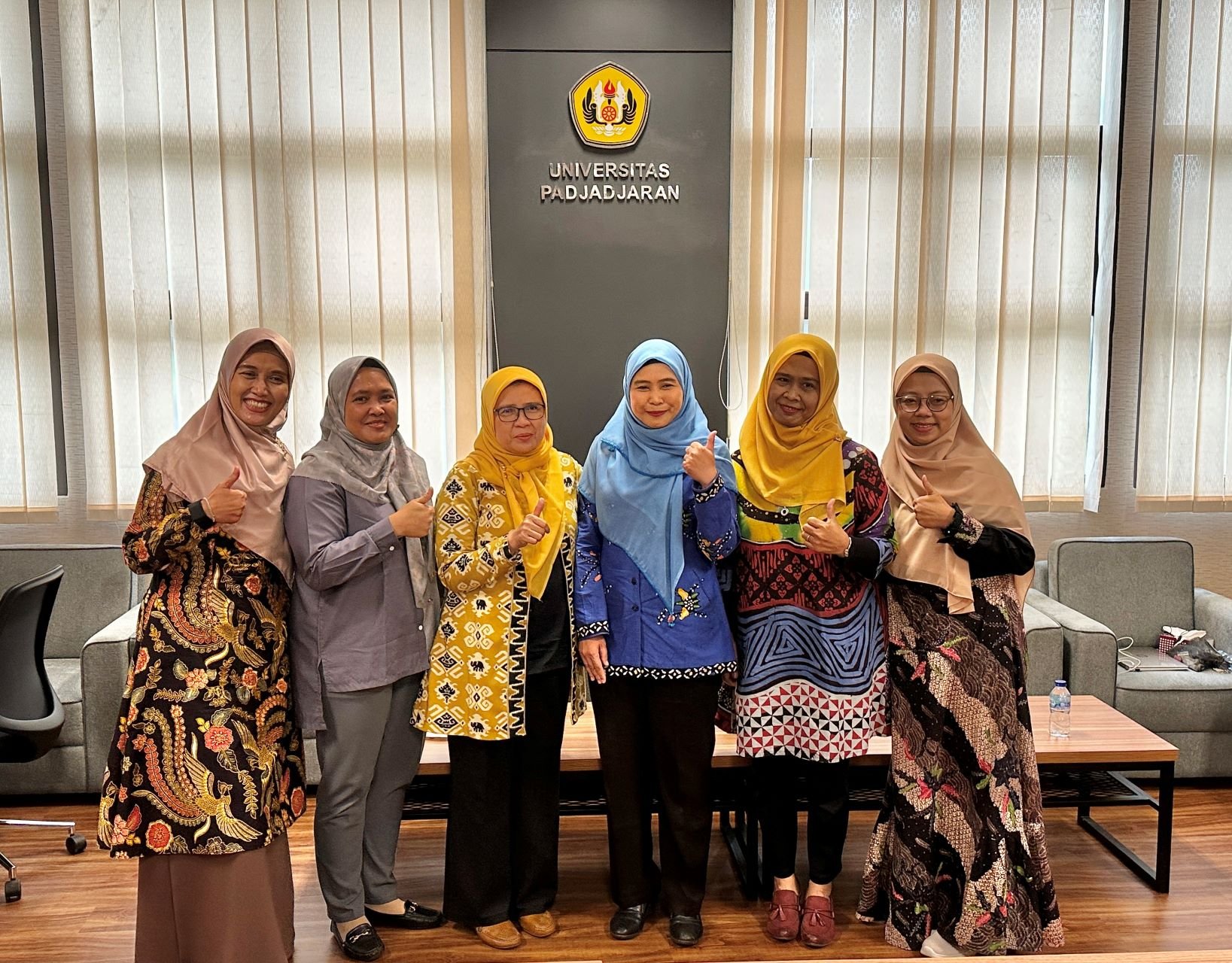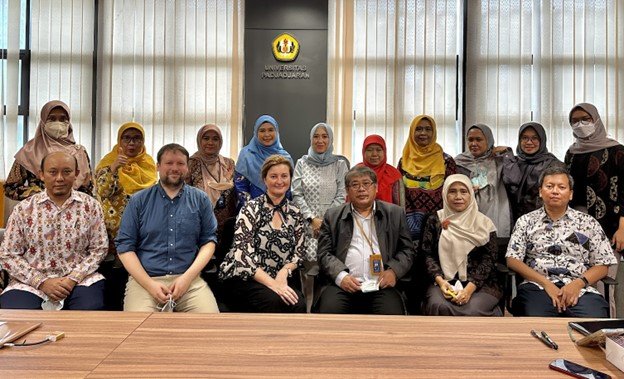|
Women in Science Mentoring Program (2020)
The effectiveness of The Mobile Nursing Centre and determinants for TB care and prevention using telehealth and telenursing approach to reduce stigma of TB and COVID-19 in West Java Indonesia
PI: Neti Juniarti, Universitas Padjadjaran, Indonesia
Project Dates: February 2022 - February 2023
Project Overview
Indonesia has among the highest number of TB patients in the world, and the COVID-19 pandemic had a damaging impact on access to TB diagnosis and treatment, especially given socioeconomic factors and uneven distribution of services. Active case finding and outreach TB management in the community are important but are influenced by social stigma in society. Stigma, alongside financial factors, also impact noncompliance with TB treatment. Community health nurses can contribute to the active case finding and outreach in the community, including the Nursing Center (NC) model. The NC model includes a set of nurse-led interventions that integrate community health nursing services, education and research, and community engagement by empowering all resources in the community. The PI has been developing this model since 2002, but she found that face-to-face activity in the nursing centers was reduced significantly during the pandemic.
This PEER research project sought to understand how people in rural areas can access TB services and community support without feeling stigmatized, as well as to understand the determinants of successful telehealth and telenursing for TB patients during the pandemic. The researchers developed and validated a culturally sensitive social stigma scale for COVID-19 and TB specific to Indonesia, surveyed community leaders and health leaders on telehealth and telenursing, and tested the effectiveness of different stigma interventions.
Final Summary of Project Activities
The PEER team validated their social stigma scale for TB through an online questionnaire administered to nearly 1,000 respondents from 26 subdistricts in the Sumedang District. The researchers also interviewed 26 community leaders and 28 people in charge of the TB program at 28 community health centers. They discussed qualitative measures of TB response, the NC model, and telehealth. Among their findings from those discussions was a preference for direct communication from nurses in rural areas, rather than through websites or apps. Stigma reduction can help Indonesia increase active case detection rate, which can help find TB patients at an early stage so that the spread of TB can be prevented as early as possible. This can help communities prevent and manage TB without fear or prejudice toward the disease. However, further research is needed to improve the intervention using videos and posters to reduce the stigma of TB in broader society.
The research team published three conference papers and have further academic articles under review. They also developed policy recommendations on how to use video and posters to reduce social stigma of TB. Five young female scientists Universitas Padjadjaran were mentored as part of this program on research and academic writing. The team also hosted two workshops on using secondary data from Community Health Centers in research.
 |  | Citra Windani Mambang, SKep, Ners, MKep; Desi Indra Yani, SKep, Ners, MNS; Tuti Pahria, SKp, MN, PhD; PI Neti Juniarti, SKp, MKes. MNurs, PhD Hartiah Haroen, SKp, MNg, PhD; Photo credit: Lina Stankute Alexander (NAS) | Aaron Burr (USAID) and Lina Stankute Alexander (NAS) visit three Womens' Mentorship teams at Universitas Padjadjaran, Bandung, Indonesia. Photo: Back (from left to right): 1. Citra Windani Mambang, SKep, Ners, MKep. (Neti’s team); 2. Tuti Pahria, SKp, MN, PhD (Neti’s team); 3. Prof. Dr. Med.Sc. Melisa Intan Barliana, S.Si (PI) 4. Neti Juniarti, SKp, MKes. MNurs, PhD (PI); 5. Windy Rakhmawati, SKp, MKep, PhD (PI); 6. Sri Hendrawati, SKep, Ners, MKep (Windy’s team); 7. Hartiah Haroen, SKp, MNg, PhD (Neti’s team); 8. Desi Indra Yani, SKep, Ners, MNS (Neti’s team) ;9. Nenden Nur Asriyani Maryam, SKep, Ners, MSN (Windy’s team) ;10. Melissa Barliana's team) |
Back to WSMP Grant Recipients
|
|
|
|





